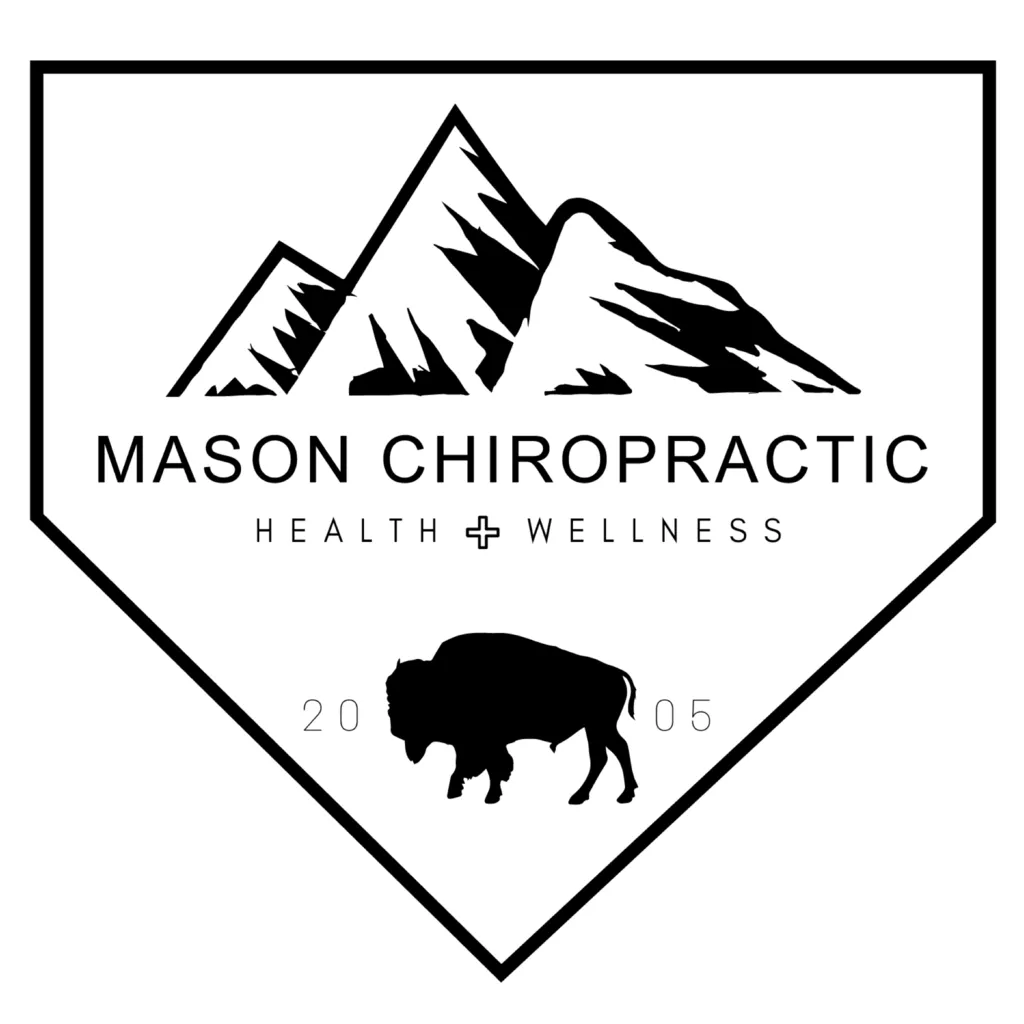Millions of women around the world wear high heels with regularity. Recent research has shown that high heels have a detrimental effect on physiological health, indicating that women should think twice before throwing on their favorite pair of stilettos.
Problems with high heels
The aforementioned 2011 study reported that exactly three out of every four women who are daily high heel wearers suffer from consistent shoe-related foot pain such as bunions, arthritic big toes, calluses, hammer toes, and plantar warts. This research is not alone in finding high heel use to be harmful to the body, and other studies have found that high heels impact more than just a woman's foot.

Scrunched toes
The problems with the shoes begin before even getting to the raised heel, as it is overwhelmingly common for high heels to have very narrow toe boxes. This can be seen by trying to fit a cutout tracing of someone's foot inside of a shoe, especially if the traced foot has not already been deformed by narrow shoe wear. Bunions, hammer toes, and calluses are among the chief maladies caused by the small toe boxes in heels.
Instability
One obvious drawback of wearing high heels is a decrease in stability, which can increase the risk of spraining an ankle or injuring another body part in the event of a fall. Ankle sprains can be quite debilitating and keep one from many weight bearing activities and exercises for multiple months. The more times an ankle is sprained, the less stability that joint will have, and the more likely continual sprains will be.
Headaches and Low Back Pain
A less apparent effect of wearing heels is an increased susceptibility to headaches and migraines. The chance for forward head carrying posture are increased when a women wears heals on a frequent basis. This is because the pelvis is forced into an anterior pelvic tilt (see below).Increased muscular tension in the neck and shoulder area results from this disruption of the postural kinetic chain. Not only are you increasing your risks for ankle instability, but low back pain, disc syndromes and neck pain/headaches can all be traced back to something like wearing heels on a consistent basis. So, are your heels worth a headaches or migraine or low back pain?
A combo of hollow back and/or flat pelvis from prolonged heel wearing is very common:


Knee arthritis
Less disputable is the impact that high heels have on joints and muscles. A 1998 study done at Harvard Medical School found that walking in high heels increased the force put on a woman's knee by an average of 23 percent. Research done in 2010 by Iowa State University confirmed this conclusion and also discovered that the risk of osteoarthritis in the knee increased with heel height. The Iowa State University research also found that increased strain was put on a women's back as a result of wearing high heels.
Shortened Achilles tendon and calf muscle fibers
In 2012, researchers from Queensland Australia studied the biomechanics of walking in high heels and found that a habitual high heel wearer had a much different gait than those who didn't wear heels, even when both groups walked barefoot. The most explicit difference found between the two groups was that non-heel wearers engaged their Achilles tendon while walking, whereas habitual high heel wearers did not. Not only does this decrease the movement efficiency of heel wearers but it also puts them at a greater risk for muscle strains. The difference in Achilles tendon usage is so profound that high heel users actually have a physiological decrease in tendon length as well as length of the calf muscle fibers.
This shortening of muscle and tendon can be dangerous for heel wearers when they wear shoes that don't raise their heel inches off the ground because their movement patterns from wearing high heels remain. Their high heel movement patterns are incompatible with the new environment and increase the susceptibility for injury. The raised heel can cause calf tightness in addition to strains, which can lead to plantar fasciitis, flat feet and Achilles tendonitis.
You don't think years of this will mess you up?

Looking for that last minute stocking stuffer or gift?
We offer gift cards that can be used to purchase chiropractic services, massages, supplements, pillows, orthotics, etc.
Yours in Health,
Dr. David Mason
*Follow me on Facebook or Twitter for daily conversation, Q & A, advice, articles, etc.
